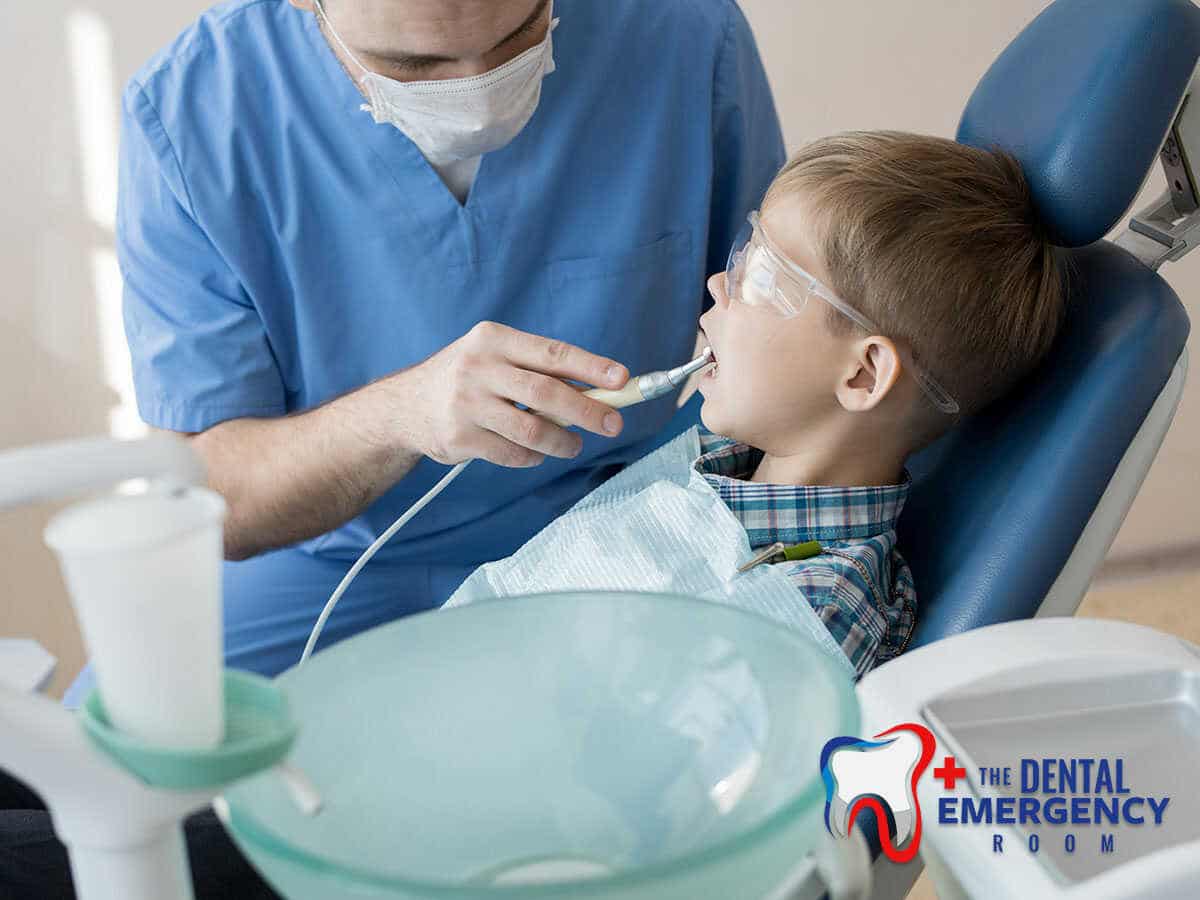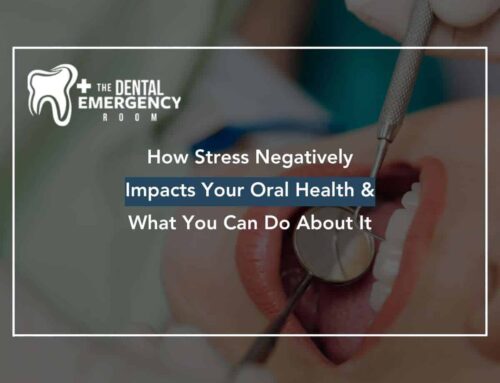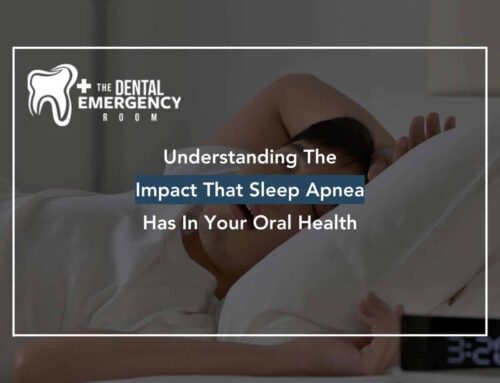When Can Laughing Gas Be a Dangerous Sedative Method?

Either you or your child go to a Clearwater dentist and they suggest nitrous oxide, or laughing gas, to make sure that any anxiety is eased during any dental procedure. It has been used for a long time – it was first discovered in 1799 – but you are wondering about the safety of it. It has a long-standing record of being safe, but like many other medications, it is not 100% perfect. You need to know if you fall into any risk factors.
We’re here to answer the question: “When Can Laughing Gas Be a Dangerous Sedative Method?”
Laughing Gas Must Be Administered By a Trained Professional
When you take laughing gas, the purpose is not to put you to sleep but to make you feel calmer throughout the entire dental procedure. Your dentist will still be able to talk to you and you will likely be able to do any instructions your dentist gives you. They will have adults wear a full mask over their face and children will wear one that covers their nose and not their mouth.
There is a risk of overdose, which is why it has to be administered by a professional. Your dentist will go over your medical history to ensure that you do not have any pre-existing conditions, like respiratory issues, being in the first trimester of your pregnancy, and being deficient in Vitamin B-12. If you need to go under laughing gas frequently, you may need supplements to keep from getting anemia.
Can Laughing Gas Help Patients With Dental Anxiety?
Yes. It makes you feel less anxious and your body will feel tingly and numb. It’s easy to administer with the mask and there are no needles to worry about. Provided that the proper dosage is administered, there are no risks to your brain, heart, liver, and kidneys. Also, unlike some other sedatives, there are no long-term effects, which means you will feel like your alert self very shortly after it wears off roughly 15 minutes.
So if you do have dental anxiety, this is a much better option than being put into full sleep or taking an Xanax. You will have some control of your responses and you will be fine afterwards. Make sure that you see an experienced dentist who has done this a lot of times. They will know exactly how much to administer and can make immediate adjustments on the fly.
Some Children May Experience Nausea With Laughing Gas
This typically only happens if they breathe it in too fast. They may also briefly be disoriented and say strange things or they may say that sounds are distorted for them. Overall, they take it quite well, though. Your dentist will also be administering oxygen either during the procedure or at the end so as to help clear out any effects. It’s a good idea to eat a small meal before the laughing gas – but you should wait around three hours afterwards to eat.
Nitrous Oxide is Overall Safe For Your Brain, Heart, and Lungs

Yes, there may be some side effects, which are rare and usually only happen if you get too much laughing gas or inhale it too fast:
- sweating a lot
- shivering
- nausea
- dizziness
- vomiting
You may have a headache, but that will go away afterwards. Then you will feel fine.
Should you be worried about any risks that come with taking laughing gas? As long as you are straight-forward with your dentist about your or your child’s medical history and neither of you fall into any of the risk categories, then you will be safe. There is a reason why laughing gas has been in use for as long as it has. Just relax and you will be fine.
Contact Clearwater’s Leading Dental Professionals
Are you considering having laughing gas used when you have a procedure? Contact Clearwater’s leading dental professionals. The staff at the Dental Emergency Room will answer any questions you may have prior to administering it to you or your child. Give them a call today to make an appointment 727-449-2424.








Leave A Comment